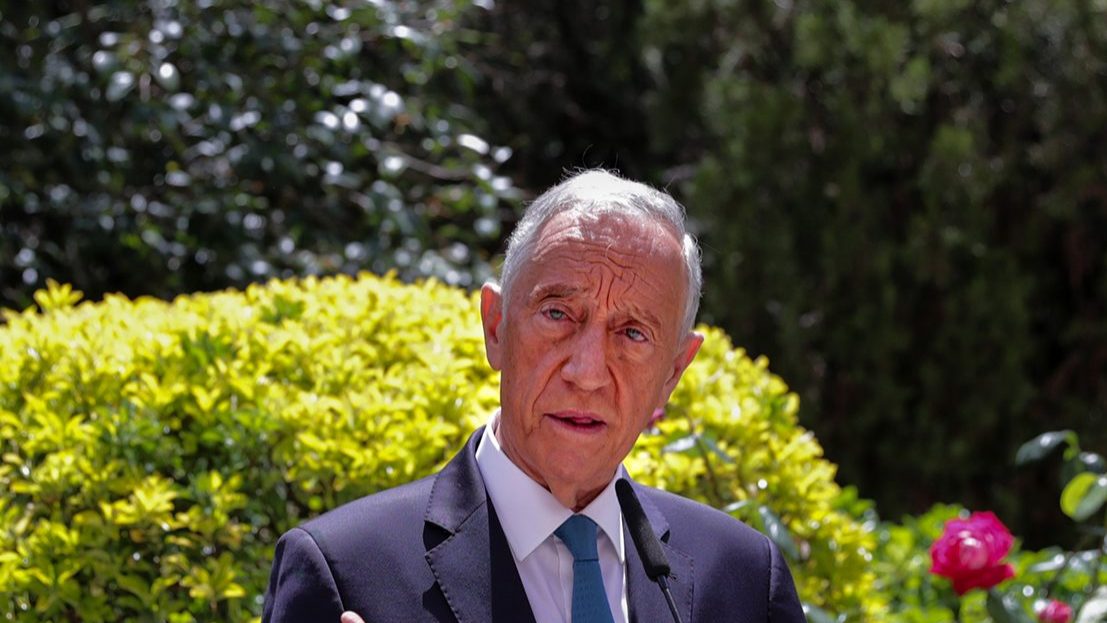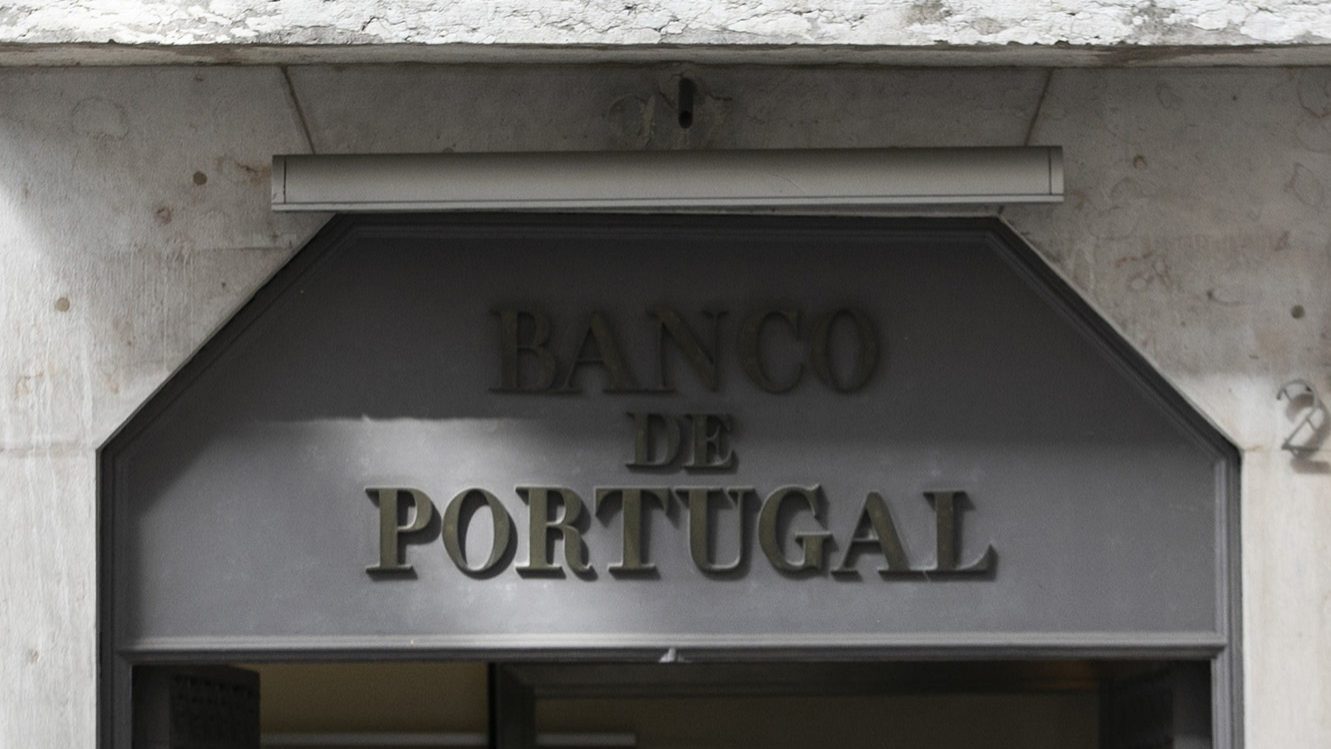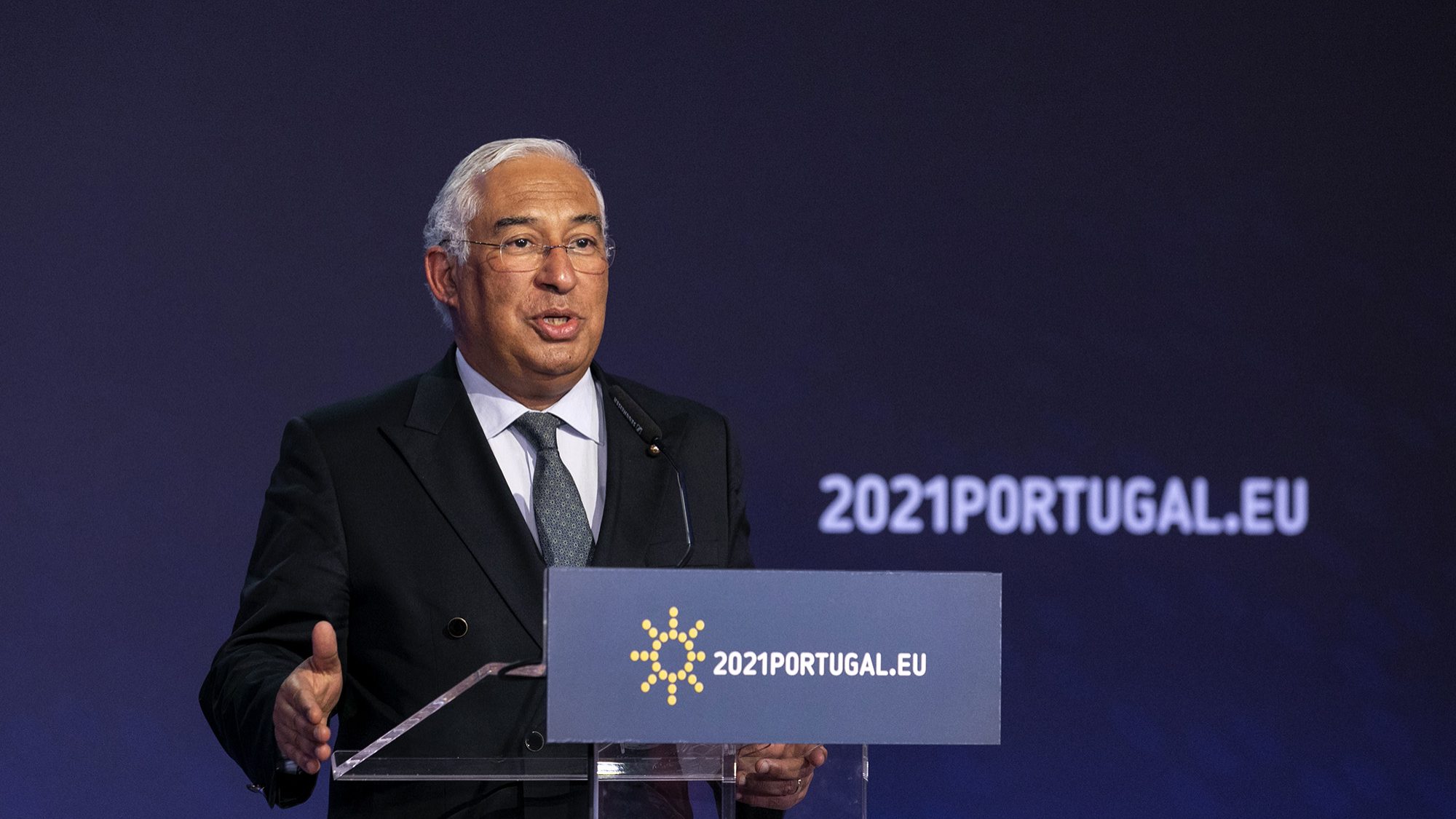Crisis political, not economic or budgetary – finance minister
"This political crisis differs from many previous ones in that it does not have an origin in financial or budgetary issues," said the finance minister, João Leão.
Portugal’s finance minister, João Leão, said on Friday that the political crisis caused by the rejection of the government’s 2022 budget “does not have an origin in financial or budgetary issues”.
“This political crisis differs from many previous ones in that it does not have an origin in financial or budgetary issues. It was a crisis that has an origin in a political issue,” said João Leão at the opening of the Money Conference, an event organised by Global Media at a hotel in Lisbon, which brings together the main executive chairs of Portuguese banks.
Leão stressed that “the political crisis began with the non-approval of a budget, but was not related to budgetary difficulties, nor were the issues that were on the table a result of what was associated to a budget.”
The minister said Portugal arrived at the political crisis with positive indicators in the labour market (unemployment rate at 6.4%), “employment is already higher than it was before the pandemic, with 12-year highs”, and the “economy is recovering strongly”.
Leão also stressed that “the financial sector came into this crisis much better placed”, which allowed it to “be part of the solution and not part of the problem”.
“In the previous crisis, banks were undercapitalised, with high ratios of non-performing loans and no capacity to finance the economy. In 2020, when this crisis arose, we had a more robust banking sector, with the capacity to accommodate the impact of the crisis on the liquidity of households and businesses,” he maintained.
The minister also looked at the upcoming decisions to be taken at the European levels, such as the last pillar of the banking union (the deposit guarantee fund), “something very delicate and demanding”.
The change in the rules “of economic governance at European level” will also be “on the table at upcoming Ecofin and the Eurogroup meetings,” he said.
In closing his speech, the minister once again noted that the crisis “has an imminently political dimension”, leaving a word of “tranquillity” and “confidence”.
“Portugal does not currently have, unlike other crises, a problem of public finances. It is a country with international credibility at this level and is presented as an example, throughout Europe, as a southern country that has made remarkable progress in recent years,” he said.
The president of Portugal on Thursday announced to the country that he would dissolve parliament, a decision he proposed on Wednesday to the Council of State and which received a favourable opinion.
“A week and a day after the rejection of the 2022 budget, I find myself in a position to tell you that I have decided to dissolve parliament,” Marcelo Rebelo de Sousa said in an announcement from the Belem Palace in Lisbon, adding that he has scheduled snap elections for 30 January.
According to the constitution, early legislative elections must be held within 60 days of the dissolution of parliament – which can only be decreed, therefore, from December 1.


